Anthony Kouttron will host the Hack Chat on Wednesday, May 29 at noon Pacific.
Time zones got you down? Try our handy time zone converter.
 Unlike the normies, most of us are pretty comfortable looking under the hood of just about anything electronic or mechanical. Whether it's to effect a repair, make a modification, or just to take a look around, voiding warranties is what we do. A lot of us have hard limits, though, and will shy away from certain types of equipment. High voltages and radiation come to mind, as well as machines with lots of spinny bits that can devour your hands in a trice. One mustn't be foolhardy, after all.
Unlike the normies, most of us are pretty comfortable looking under the hood of just about anything electronic or mechanical. Whether it's to effect a repair, make a modification, or just to take a look around, voiding warranties is what we do. A lot of us have hard limits, though, and will shy away from certain types of equipment. High voltages and radiation come to mind, as well as machines with lots of spinny bits that can devour your hands in a trice. One mustn't be foolhardy, after all.But one place that we've always feared to tread for some reason is camera equipment. Perhaps it has to do with all those impossibly tiny screws with subtly different lengths and the knowledge that putting the wrong screw in the wrong hole could have disastrous results. Or maybe it's just the general fear that messing around with the insides of lenses could knock something slightly off-kilter and ruin the optics.
We're certainly glad that Anthony Kouttron doesn't share this trepidation. We recently featured a lens repair that he accomplished that was packed with tips and tricks for optical repairs. It turns out that Anthony has been repairing cameras for leisure since 2010 and has serviced both consumer and high-end cinema equipment, so he's seen his fair share of broken camera bits. We've asked him to drop by the Hack Chat, so if you've been hesitant to dive into optical fixes, now might be your chance to learn about the dos and don'ts of camera and lens repair.
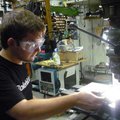




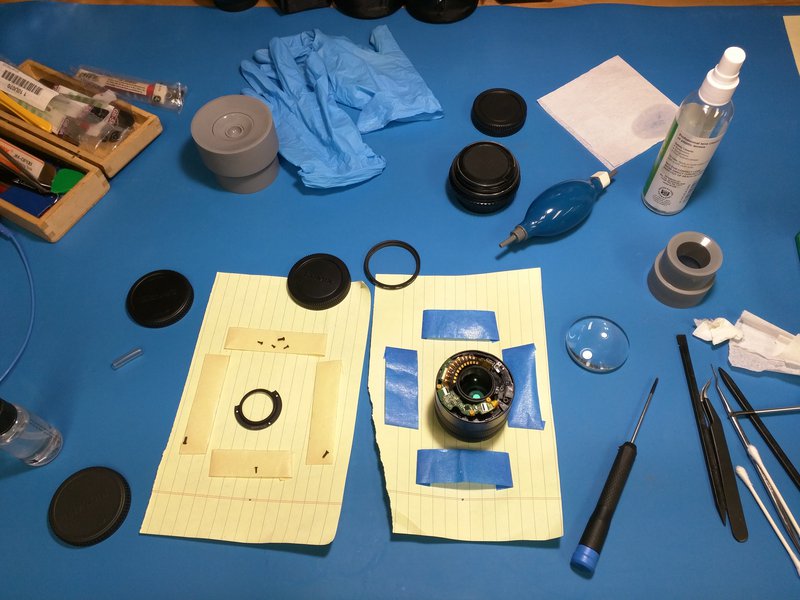
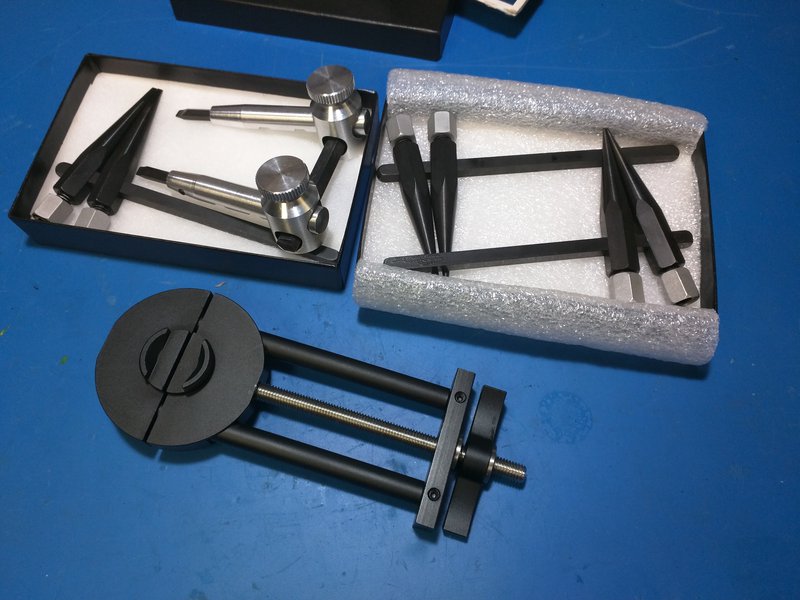

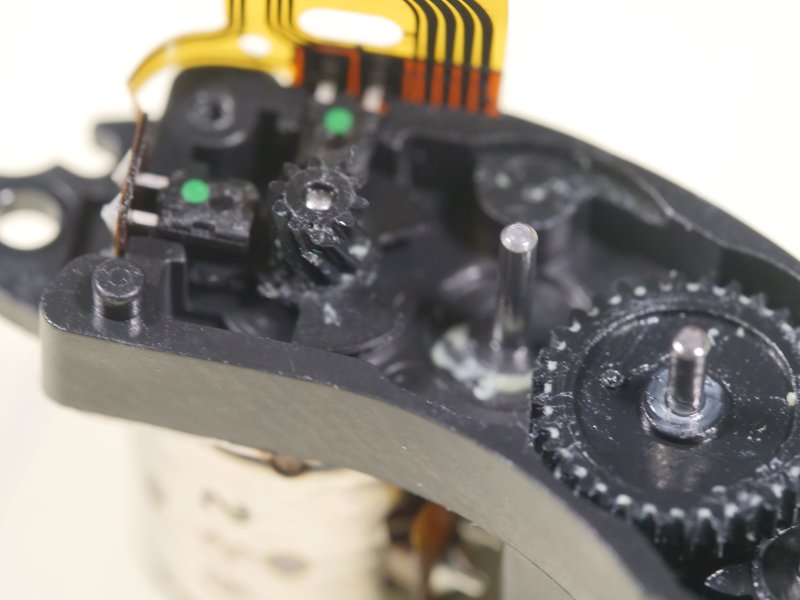
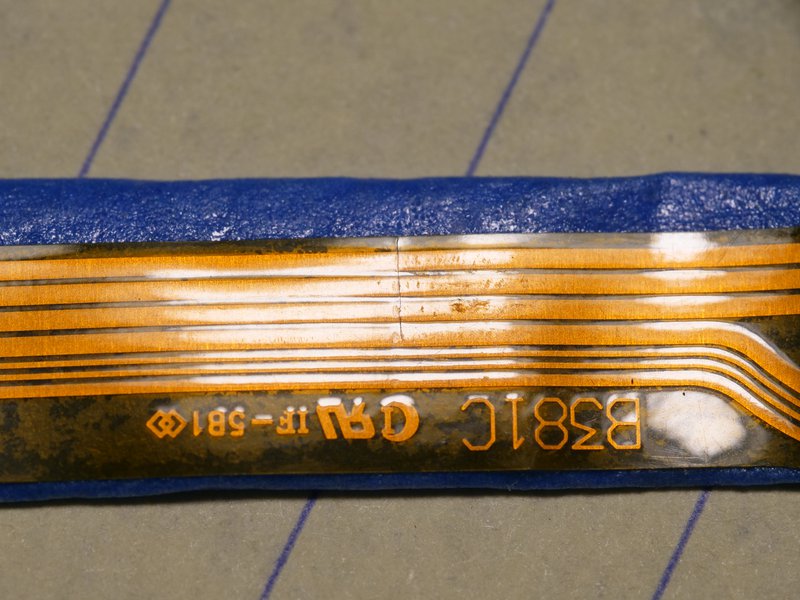

It's fascinating how some people are fearless when it comes to tinkering with electronics and machinery, even if it means voiding warranties. However, many of us draw the line at certain equipment, like high voltages or machines with intricate moving parts that could be dangerous. Surprisingly, one area that often intimidates even the most daring DIY enthusiasts is camera equipment.
I think part of the hesitation stems from the complexity of camera internals, with their delicate optics and tiny screws that seem daunting to manipulate. It's reassuring to know that there are experts like Anthony Kouttron who excel in camera and lens repairs. His experience since 2010, handling everything from consumer to high-end cinema gear, makes him a valuable resource for anyone interested in learning the ins and outs of optical repairs.
If you've ever been curious about delving into camera maintenance but felt intimidated, now's the perfect opportunity to glean insights from someone like Anthony who has mastered the dos and don'ts of camera repair. It's a chance to demystify this fascinating aspect of technology and gain valuable skills in the process.